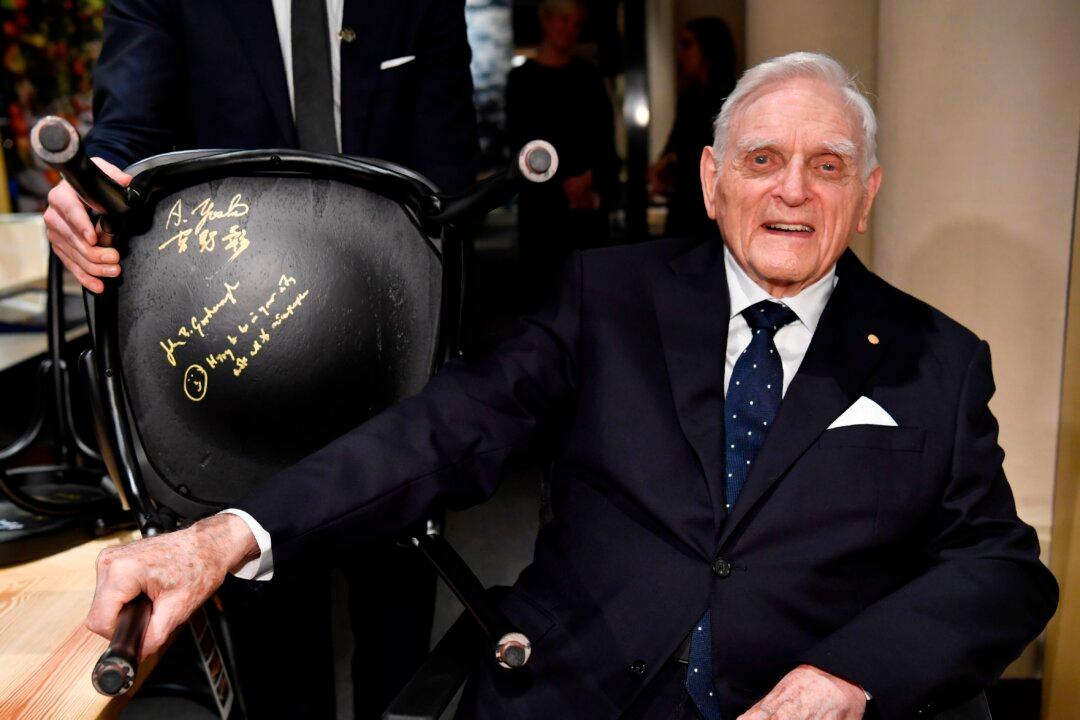John B. Goodenough, whose contributions led to the development of lithium-ion batteries which made many of today’s portable electronic devices possible, has died.
Goodenough died on Sunday at the age of 100, according to a June 26 press release from the University of Texas at Austin where he served as a faculty member for 37 years. His cause of death was not mentioned. “John’s legacy as a brilliant scientist is immeasurable—his discoveries improved the lives of billions of people around the world,” said UT Austin president Jay Hartzell. “He was a leader at the cutting edge of scientific research throughout the many decades of his career, and he never ceased searching for innovative energy-storage solutions.”





